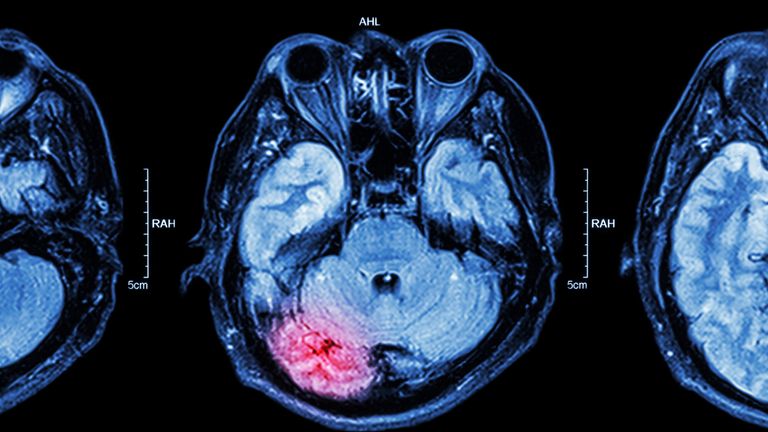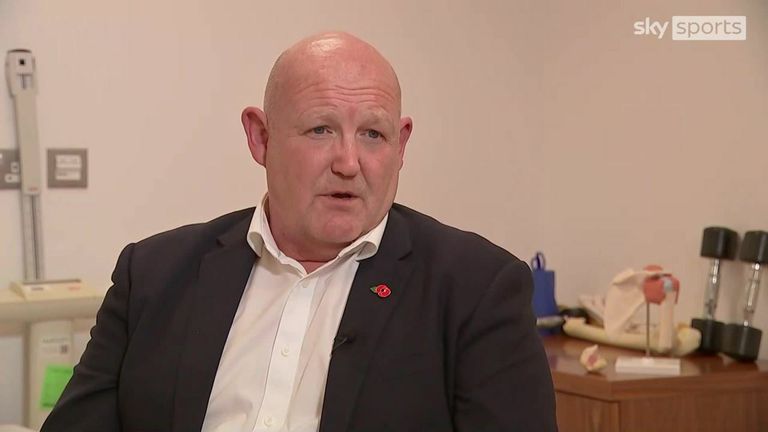World Rugby and wider international rugby community co-launch Brain Health Initiative
At the heart of the World Rugby campaign is a 12-point educational video identifying brain health risk factors; World Rugby chairman Sir Bill Beaumont: "We will not sit still in evolving our game to ensure its best protects those playing it"
Monday 22 November 2021 12:09, UK
World Rugby, national rugby unions and international players are co-launching the Brain Health Initiative, a campaign designed to increase awareness of brain health within the game.
The landmark collaboration is being launched at the World Rugby Medical Commission Conference in London and will be rolled out initially for current and former professionals.
The global governing body hopes to become the most progressive sport on player welfare, and at the heart of their campaign is a 12-point educational video identifying brain health risk factors.
Factors that can increase the risk of dementia and degenerative brain disease include lack of physical activity, lack of social contact, depression, heart disease and brain injury.
- Ex-NZ prop Hayman diagnosed with early-onset dementia
- Williams, Kay sign up for research into dementia
- Former England hooker Thompson pledges brain to concussion initiative
Professor Craig Ritchie, one of four experts involved in the campaign video, said: "Long-term cognitive health is extremely complex, and dementia isn't necessarily a consequence of one factor.
"It is important for those involved in the game to understand that by prioritising good brain health, it is possible to reduce the risk of developing dementia and other degenerative brain conditions.
"Rugby players, past and present, can make moves such as maintaining good health and fitness, and tackling stress, anxiety and depression to help reduce certain risk factors, while the sport continues to prioritise reducing the risk of head impacts for players at all levels and stages of the game."
In addition to the video resource, World Rugby is renewing its commitment by including support for free brain health clinics, where former players will be able to have assessments and consultations.
The long-term aim is to create brain health ambassadors for those in the wider community - irrespective of whether they played rugby or not - and builds on the organisation's six-point player welfare strategy.
Sir Bill Beaumont, World Rugby chairman, added: "We care deeply about every member of our rugby family, and constantly strive to safeguard and support our players. We have consistently acted on evolving science and evidence to advance player welfare for all.
"I've been saddened by the recent, brave accounts of former players about their experiences. As a former player myself, I appreciate that some players may be worried about their brain health. We must, and are, putting those players at the heart of our welfare plans.
"Good brain health is much wider than what happens on the field, and we have more control over it than you would think.
"It is about creating community, starting conversations and building an understanding of how we all can make lifestyle changes that can positively impact our long-term wellbeing.
"At the same time, we will not sit still in evolving our game to ensure its best protects those playing it."





